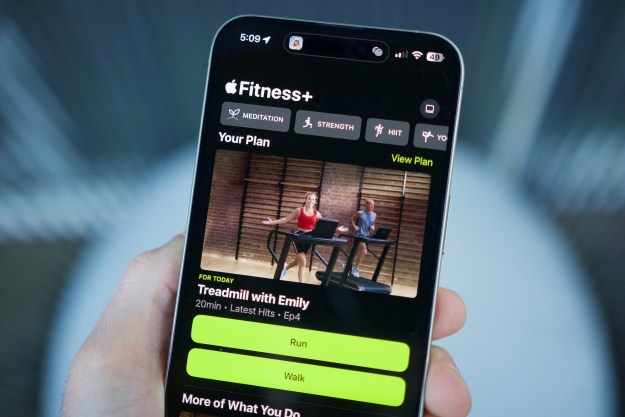 The tug of war between Apple and its more tech-savvy iOS users continues. Version 4.3.1 is the latest firmware version available for the company’s mobile devices, and top hacker crew Dev-Team has released its first untethered jailbreak little more than a week after the new update’s release.
The tug of war between Apple and its more tech-savvy iOS users continues. Version 4.3.1 is the latest firmware version available for the company’s mobile devices, and top hacker crew Dev-Team has released its first untethered jailbreak little more than a week after the new update’s release.
Although the new jailbreak is untethered — meaning your device can be rebooted without being re-jailbroken each time — and both Windows and OS X platforms are supported, there are a couple of caveats. The biggest concerns only iPad 2 users: this is not the jailbreak you’re looking for.
Apple has apparently tightened up the security on the latest tablet, as the Dev-Team release post reads, “the iPad2… requires a bootrom or iBoot-level exploit to install, and the iPad2 is not susceptible to either the limera1n or SHAtter bootrom exploits.” The good news is that all other devices that run 4.3.1 are supported: iPhone 3GS, iPhone 4, iPod touch 3G, iPod touch 4G, iPad and AppleTV 2G (PwnageTool only, which is slightly more complicated to use).
The other hitch is that ultrasn0w users are asked to wait as well. If you don’t know what that is, it probably doesn’t concern you. Ultrasn0w is an application designed to unlock Apple mobile devices for use on wireless Internet provider networks beyond the ones they are built for. It sounds as though the wait won’t be too long, as the Dev-Team blog post notes that some compatibility fixes are all that is needed.
Dev-Team credits the latest iOS hack to Stefan Esser, who is known on Twitter as i0n1c. A Germany-based security researcher, Esser’s name is a well-known one in iOS hack circles. He previously released antid0te, which, used in tandem with certain jailbreaks, offers improved security for Apple restriction-free devices.
Editors' Recommendations
- How to get iOS 12 on your iPhone, iPad, and iPod Touch
- How to download iOS 13 on your iPhone or iPod Touch

